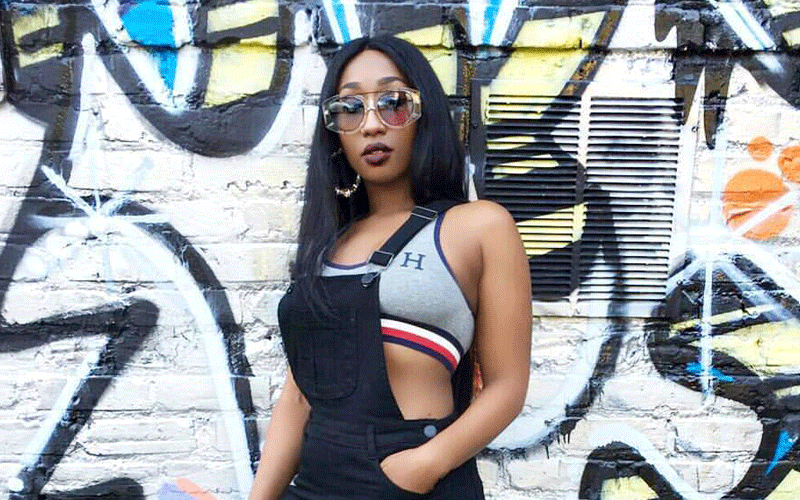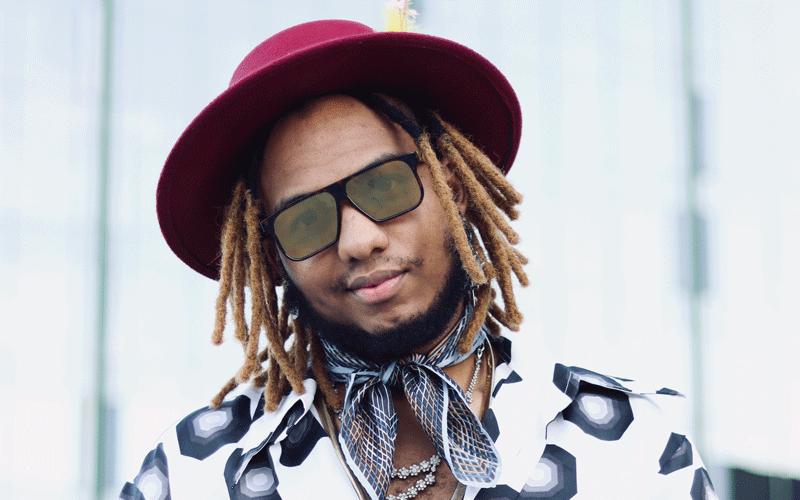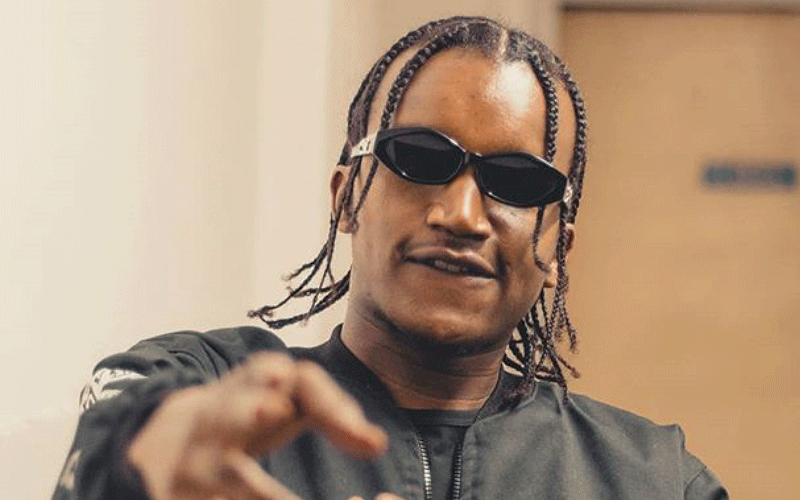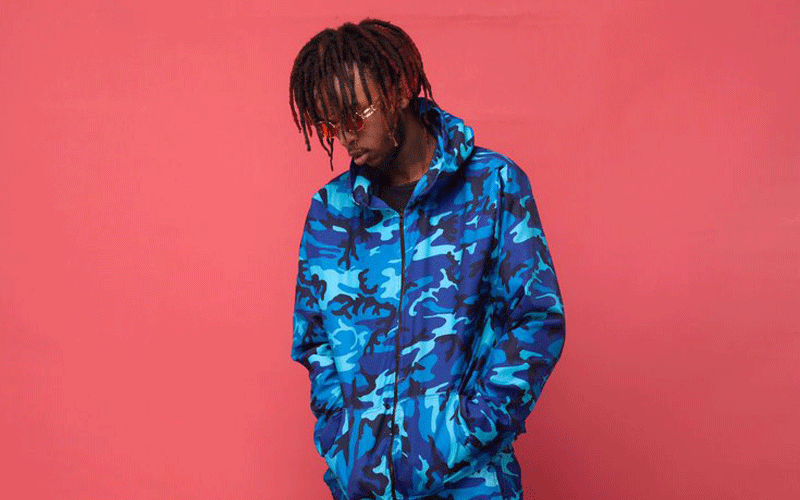Copyright laws are still fragile in Kenya
By Jackson Onyango, November 27, 2020
Copyright laws are still fragile in Kenya. Presently, artistes are dealing with unprecedented times where they have to copyright their works promptly or deal with consequences such as theft of their works. Jackson Onyango explores this thorny issue.
According to the Attorney General Paul Kihara, the copyrights industry currently contributes Sh85.1 billion per year to the country’s economy, which is equivalent to 5.3 per cent of the Gross Domestic Product (GDP), which measures the monetary value of final goods and services—that is, those that are bought by the final user—produced in a country in a given period of time.
This means artistes are increasing in the fray of protecting their creative works by taking licenses to be legally protected, and the number is projected to keep rising as more younger individuals begin to pursue music as a plausible career.
Whether it be rapper Chris Kaiga’s wrangles with telco giant Safaricom over the alleged theft of phrases, or Juliani seeking legal action against political party Jubilee, perhaps an artiste against another, the lines are very thin when it comes to artistic ideas’ security and concept burglary; in other words copyright infringement.
The blurry lines of inspiration and compensation need to be drawn clearly.
Theft or piracy, appropriation, or using someone’s image, likeness, or name are criminal acts in the arts world being run up too normally.
The bare minimum is that creators who are also professionals should be educated to copyright, patent, and trademark their works in order to be entitled owners of the Intellectual Property (IP) and tax the same. But has the government failed to protect its local creative talent?
In June this year, Kenyan producer Magix Enga filed for a copyright infringement against American rapper Tekashi 6ix9ine.
Magix, obviously the underdog in the scenario, knew from the word go that it would be a tall task to get his rights acquitted.

6ix9ine, riding high on 39 million YouTube views on day one of Gooba’s release, had his high horse humbled by the move. Today, the song sits at more than 635 million views.
“Do not sample Magix Enga beats” was the short statement packing a punch from Magix who had pulled off one hell of a chess move as the world watched.
Expecting two deals for the price of one, some notoriety and a fat pay check, things didn’t however roll as they should have.
As much as artistes love to keep their business as private as it can be, a reported damages of US$900 (Sh90,000) pay off from 6ix9ine’s camp to Magix was enough to let the producer return the song back up.
The settlement
Many people felt that Magix was duped off a huge pay cheque from an artiste the profile of 6ix9ine whose net worth is around Sh500 million, suggesting the compensation was pocket change. A story the talented producer is happy to stay hush about.
Magix’s move on 6ix9ine came off the back of doing the same thing to Tanzanian pop artiste Harmonize for the song Uno. This was on the grounds that the instrumentals to this tune had components copied from his hit song Dundaing with King Kaka and Kristoff.
“Tuliskizana kando and the song went back up,” Magix tells Spice in regards to his tiff with Harmonize.

He adds: “It’s not me that withdraws songs from YouTube. It’s YouTube that does this after a case is reported.
It’s technical producer things, but YouTube understands this better. Producers also have rights, and should get paid for the hard work they put in.”
Having conspicuously gained a reputation for flagging songs, Magix says he only follows due procedure and this has nothing to do with clout chasing.
Bottom line, Kenyan artises can do better by being educated and demanding better laws to protect their creative works.
Ilogos Music is another music producer that has come under fire for flagging and being flagged.
His produced single for Arrow Bwoy Dodo was flagged by rapper-producer Naiboi. GB Afrika also flagged his latest produced jam Giddem featuring KRG Don.
Inversely, he has also had his fair share of flagging other artistes’ songs as well.
Recently, he pulled down Willy Paul’s track Collabo and held him liable for allegedly owing him Sh180,000.
The Greek-Burundian artiste-producer also alleged that Naiboi owed him over Sh60,000, which he chose to waive.

“What happens is that an artiste could have a melody, a sample kit, lyrics or a beat that is similar to what you (producer) had worked on prior.
Since you have project files that explicitly show the date that work was created, you write to them and show proof of the same,” says Ilogos.
Giddem was taken down over what sounded like a ‘duplication’ of a single word and melody recurrence such as that of Fire.
He countered this by producing ‘receipts’ that they recorded the song prior to the release of the accuser’s song, and the song was returned back on YouTube within minutes.
However, there are protocols; it’s not just any Tom, Dick or Harry that can approach the giant content corporation YouTube to try and delete songs from its platform.
“You have to have a verified account for them to view your case.
Once they notice this, they take up the matter and suspend a track or video until proven it’s a viable case,” demystifies Ilogos.
Copyright rules
YouTube’s first rule of copyright is clear as daylight. It states: “Creators should only upload videos that they have made or that they’re authorised to use.

That means they should not upload videos they didn’t make, or use content in their videos that someone else owns the copyright to, such as music tracks, snippets of copyrighted programmess, or videos made by other users, without necessary authorisations.”
If one is found on the wrong side of the law three times (what YouTube refers to as strikes), the accused faces suspension from using the platform.
It is still uncertain whether it’s Artificial Intelligence robots, or actual human beings that weigh up the cases and determine a copyright infringement.
Either way, users must credit creative works if they are not using the videos for commercial use, and if not, they risk being under the wrong side of the IP Law requirements that can earn one up to 10 years in jail in Kenya.
IP lawyer and artiste Brian Chweya says artistes should get educated on the laws of intellectual property to protect their works efficiently.
“Kenya deserves to be at a level where artistes can feel safe, appreciated and protected for the things that offer them a livelihood; their craft.
It’s never been easy being an artiste, because it costs to do all these things.
From patents, trademarks, watermarks and sustaining all this each time you come up with a fresh idea. Producing the art also has a price,” he tells Spice.
It is paramount that creatives begin to find ways to safeguard their work.
From music to film, the creative arts are still fragile and susceptible to a lot of copyright theft where creative such as music acts Akothee and Sailors, and comedian Flaqo have had their platforms taken from under their nose.
Kenyan shrap artiste Jovie Jovv acquired a legal patent for “Shrap” from the Kenya Intellectual Property Institute.
In July, singer Victoria Kimani accused American R&B singer Summer Walker for “blatantly resembling” her work without any sort of acknowledgement.
Walker’s 2020 Life On Earth mini-album cover art allegedly appropriated Kimani’s Safari 2016 cover concept, causing Kimani to go on a rant online.
The project’s photographer Clement Kiragu mentions there is a thin line between inspiration and imitation.
“There is not much to say about it; the resemblance of the work speaks for itself.
Well, unless there was a very rare chance that two musicians from two different parts of the world and their photographers had the same idea for their art cover; one team having done it four years ahead of the other,” Kiragu says.